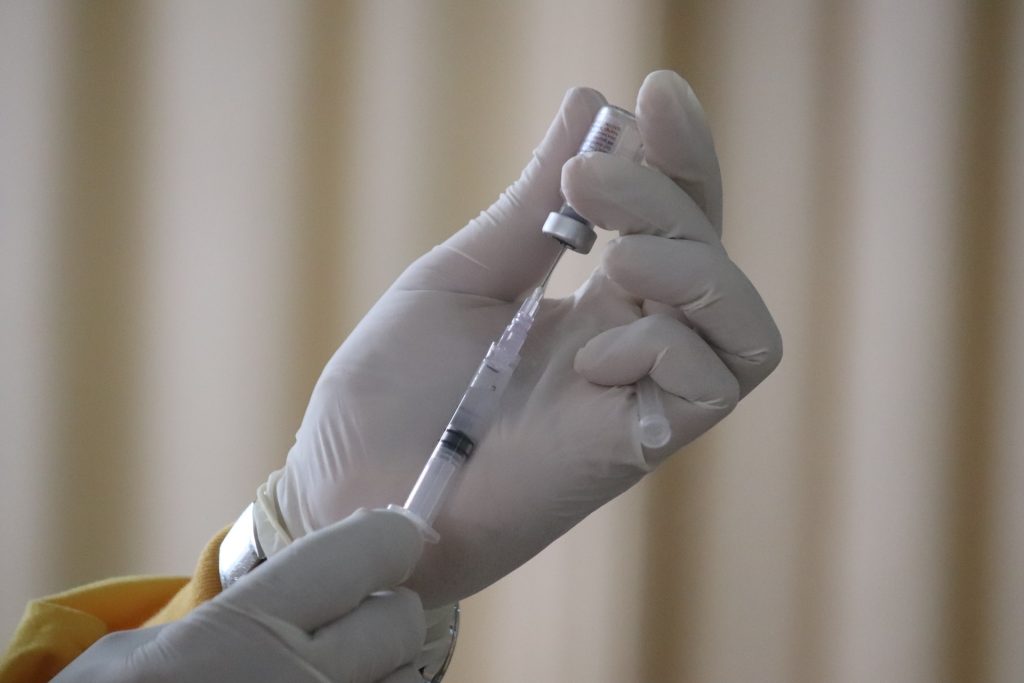Funding Cuts Risk the Resurgence of Preventable Diseases, WHO Warns

The World Health Organization warns that global health funding cuts are paving the way for a resurgence of diseases that had been brought to the brink by vaccination.
One example of prior success is Africa’s “meningitis belt”, spanning parts of sub-Saharan Africa, where vaccination campaigns had successfully eliminated meningitis A. Likewise, yellow fever and related deaths were drastically cut by improved routine immunisation and emergency vaccine stockpiles.
The WHO says that this hard-won progress is now threatened. “Funding cuts to global health have put these hard-won gains in jeopardy,” warned Tedros Adhanom Ghebreyesus, WHO Director-General.
Outbreaks on the rise
In 2023, measles cases were estimated at more than 10.3 million – a 20% year-on-year increase. In a statement marking the beginning of World Immunization Week, the WHO, UN Children’s Fund UNICEF and their partners warned that this upward trend is expected to continue into 2025.
After years of declining cases in Africa thanks to improved vaccine access, yellow fever is also making a return. The start of 2025 has already seen a rise in outbreaks across the continent, with cases also confirmed in the Americas.
The threat of vaccine misinformation
Vaccination efforts are increasingly under pressure due to a combination of misinformation, population growth, humanitarian crises, and funding cuts.
Earlier this month, a WHO review across 108 countries found that nearly half are experiencing moderate to severe disruptions to vaccination campaigns, routine immunisations, and supply chains due to falling donor support.
“The global funding crisis is severely limiting our ability to vaccinate over 15 million vulnerable children in fragile and conflict-affected countries against measles,” said Catherine Russell, Executive Director of UNICEF.
High healthcare returns on vaccination
Vaccines save around 4.2 million lives each year, protecting against 14 different diseases. Almost half of those lives are saved in Africa.
Despite this, falling investment now risks the re-emergence of diseases once thought to be under control.
Health experts emphasise that immunisation is one of the most cost-effective health interventions. Every $1 invested in vaccines brings an estimated return of $54 through better health and economic productivity.
UNICEF, WHO, and their partners are calling on parents, the public, and political leaders to support immunisation programmes and ensure long-term investment in vaccines and public health systems.
Source: WHO


